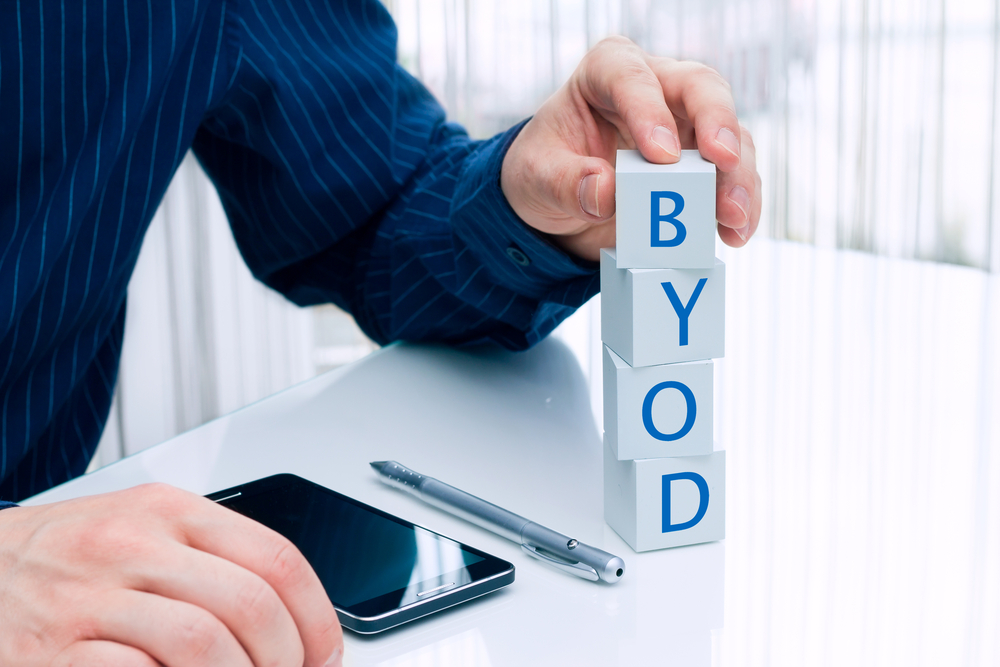Many clinical trials in today’s modern era feature the use of devices for data capture, convenience and data storage, and one area here that’s been exploding in recent years is the BYOD movement, or bring your own device. Many clinical research companies are taking on this approach, which allows patients to bring their own smartphone or tablet for transmitting and submitting data during a given medical trial.
At AGA Clinical Trials, our team of dedicated clinical researchers is proud to offer numerous medical studies and study formats for those looking to participate. BYOD studies have been the subject of some debate within the clinical trial world over the last several years, but with modern technological advances in place, many of the criticisms of the approach have generally have been proven spurious. With this theme in mind, let’s look at a few pervasive myths about BYOD clinical trials, plus set the record straight on this format, which will only grow more popular in the upcoming years.
 Too Pricey
Too Pricey
Some in the industry have been concerned about the costs associated with BYOD studies, especially research teams with strict budgets who are not able to build their own apps. However, there are numerous app solutions on the market today that do not come at a prohibitive cost, allowing even such teams to have the proper data transmission format in place.
In addition, the BYOD format actually saves many research centers huge sums when it comes to providing a device for each participant. Instead of needing to supply an entire study with devices, researchers can allow clients to bring their own, improving convenience on both sides of the equation.
Data Storage and Validity Myths
Data security is a vital consideration for any clinical trial, but assumptions that BYOD studies will lack in this area are misplaced. In fact, data tends to be more secure when it’s provided by patients from their own devices – such devices are much less likely to ever leave the patient’s person, while other devices provided to them might not be kept with such care. There are numerous authentication and security programs available for BYOD situations. These can even include facial or fingerprint recognition technology found on devices for many Apple users.
In addition, concern over data validity to the FDA is a thing of the past. The FDA has cleared up patient-reported validity issues – in fact, this was done back in 2016 with the 21st Century Cures Act.
All Patients Need One
Finally, know that not every patient in a BYOD study will need their own device – thus, those in low-income situations who do not own smart devices will not be excluded. Such individuals can utilize computers or handoff mode formats, which allow patients to fill out surveys with the assistance of a clinician.
For more on the validity and growing popularity of BYOD clinical trials, or to learn about any of our studies, speak to the staff at AGA Clinical Trials today.


